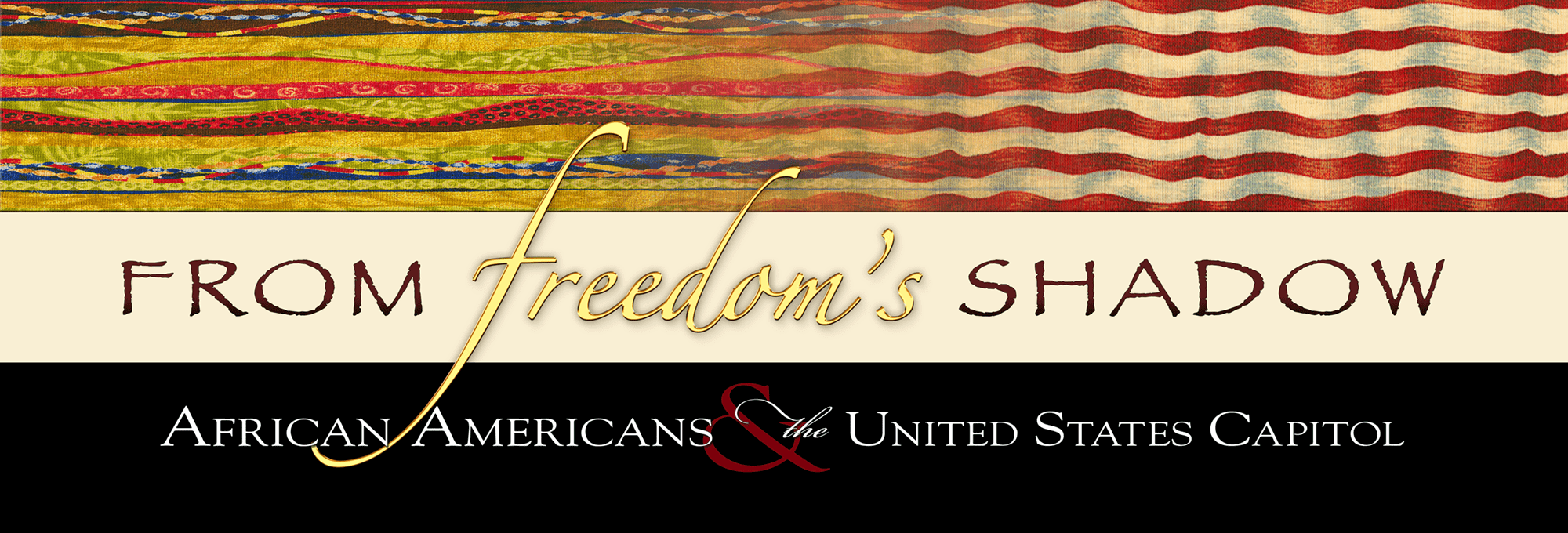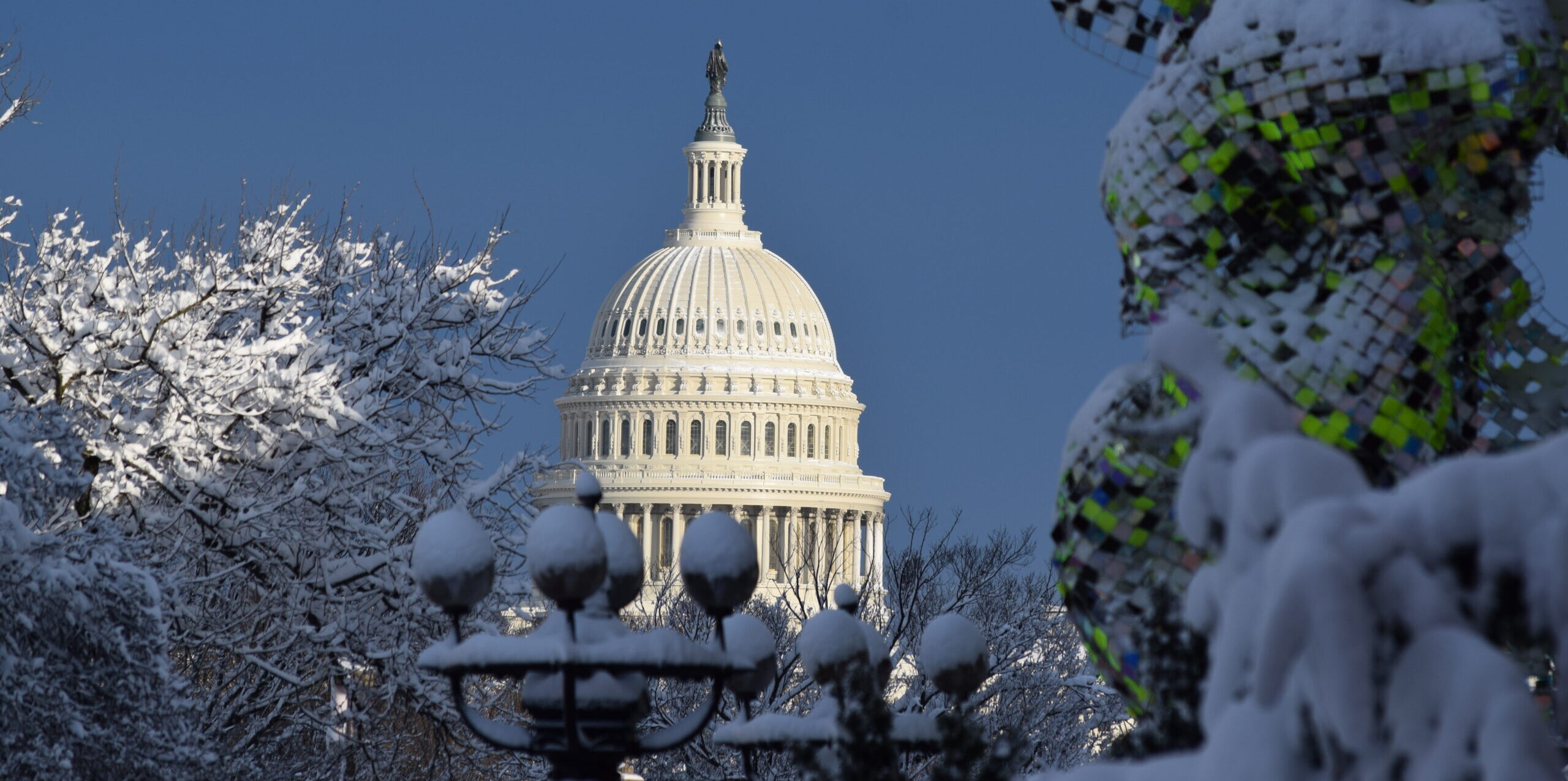
SEGREGATION: Exclusion and Discrimination at the Capitol
“This, Mr. Chairman, is perhaps the negroes’ temporary farewell to the American Congress; but let me say, Phoenix-like he will rise up some day and come again.”
— Rep. George Henry White’s farewell speech, 1901
No African American served in Congress from 1901 to 1929. Discriminatory laws and practices in Southern states prevented most African Americans from voting. George Henry White’s prediction was fulfilled in 1928 when Oscar De Priest won election to the House of Representatives from Chicago, Illinois.
Facilities within the Capitol were segregated. African Americans were excluded from the main public restaurant in the House of Representatives. A smaller lunchroom in the basement served African American employees and visitors. De Priest’s effort to desegregate Capitol facilities failed, and segregation remained the norm within the Capitol until the 1950s.
Most African American workers at the Capitol performed menial jobs such as janitors, laborers, or cooks and waiters in the restaurants and lunchrooms.
REPRESENTATION, PART II: African Americans in Congress Since World War II
“Black people have no permanent friends, no permanent enemies, just permanent interests.”
— Motto of the Congressional Black Caucus
The numbers of African American members of Congress grew slowly in the mid-twentieth century. The two members at the end of World War II increased to only six by 1967. From 1971 to 1991, the numbers grew from 14 to 27. The election of 1992 saw a sharp increase to 40 African American members, and the number has remained fairly steady between 39 and 43 in the past decade.
The Congressional Black Caucus (CBC) traces its origins to 1969 when the African American Members of Congress first met as a select committee. The CBC formally organized in 1971 with 13 founding members: Parren Mitchell (MD), Charles Diggs (MI), Robert Nix (PA), John Conyers (MI), Gus Hawkins (CA), Walter Fauntroy (DC), Charles Rangel (NY), Ronald Dellums (CA), William Clay (MO), Shirley Chisholm (NY), George Collins (IL), Ralph Metcalfe (IL), and Louis Stokes (OH).
The forty-three members of the Congressional Black Caucus in the 109th Congress (2005-2007) continue the group’s work “to promote the public welfare through legislation designed to meet the needs of millions of neglected citizens.”








